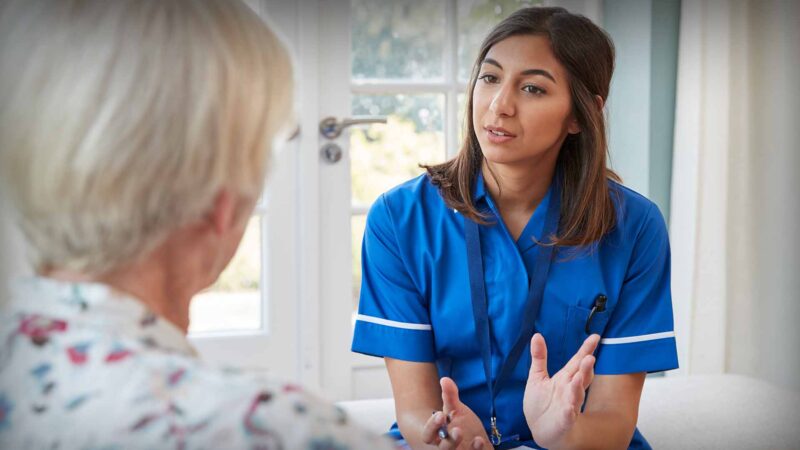National NAIDOC Week celebrations are held across Australia in the first week of July each year (Sunday to Sunday), to celebrate and recognise the history, culture and achievements of Aboriginal and Torres Strait Islander peoples.
On the eve of NAIDOC week 2023, Australian Health Journal met with Scott Willis, the National President of the Australian Physiotherapy Association, a proud Palawa man and the first Indigenous President of the Australian health peak body.
Growing in up the western suburbs of Sydney and attending local public schools, hard work and committing fully to the task at hand was instilled in Scott from a young age. In 1993, he graduated from the University of Sydney with a Bachelor of Applied Science (Physiotherapy).
Freshly graduated, he moved to the North West Coast of Tasmania to reconnect with his Aboriginal roots on his father’s side and start his career. Joining the APA led to the first of several voluntary leadership roles within the organisation, from National Chair of the business group, member of the National Advisory Committee, Tasmanian branch councillor, Board Director and Chair of the Insurance and Safety subcommittee.
Today he is co-director of a multidisciplinary clinic in Tasmania. Within the Tasmanian health system, Scott has held positions on the Board of Directors of the Division of General Practice North West in Tasmania, Tasmania’s Medicare Local’s Primary Health Care Strategic Advisory Council, and the Clinical Advisory Council of Primary Health Tasmania.
When elected to the position in 2020, Scott stated he would be unapologetically ambitious given his extensive experience in policy development, advocacy and political engagement.
He said, “As a profession we’ve come a long way to illustrate how valuable our work is, both from a broad health system cost perspective and as highly skilled clinicians treating a wide array of acute and chronic health conditions.”
“One of our key focus areas will be illustrating the economic value of physio and partnering with government and insurers to ensure the best and most effective health outcomes for Australians.”
“Aboriginal and Torres Strait Islander peoples’ health remains a priority area for our profession. We’re going to ensure not only that we are a culturally safe, engaged profession by listening to, learning from and working with First Nations peoples, but we’re going to make physio a known, viable and aspirational professional choice for young Aboriginals coming through the education system. I want them to know they can and should aspire to strong and respected leadership roles in the community.”
His passion for the profession and the organisation help drive it forward and continue to put it at the forefront of politicians’, funders’ and consumers’ minds.
In an upcoming release Part 2 of the interview with Scott Willis, he discusses the growth of the profession within allied health, role in society, research and education.
You Might also like
-
Startup Advances Biosensing
Melbourne based Nutromics is looking to solve some of the biggest healthcare challenges, by delivering on a mission to revolutionise precision medicine with Continuous Molecular Monitoring (CMM). Nutromics is developing biosensor technology integrated into a small and unobtrusive wearable smart patch.The software solution aims to be flexible and designed to connect with mobile and web solutions for integration with consumer health software and hospital platforms.
-
Australian Primary Health Care Nurses Association Career Federal Budget General Practice New Content Nursing
A New Era in Primary Health Care Nursing
Coinciding with this year’s International Nurses Day, this week’s Federal Budget has had some significant outcomes for the primary health care, nursing workforce.
The Federal Budget delivered on 9th May 2023, APNA believes will strengthen Australia’s primary health care (PHC) system by addressing growing nursing shortages, seeing more nurses hired where they are needed, and better utilising the largest workforce in PHC of nearly 100,000 nurses to their full potential to reduce the pressure on the health system.
-
Success in WA pilot to observe babies showing delays in social interaction & communication development
Inklings – led by The Kids Research Institute Australia – is a program for babies aged 6-18 months whose communications skills are developing differently to expected milestones. In early 2025 it has completed the first year of a pilot program.
At the time of filming (Nov 2024), Inklings has received more then 300 enquiries across WA and started to deliver services to 160 children, with almost 60 who have completed the program.



